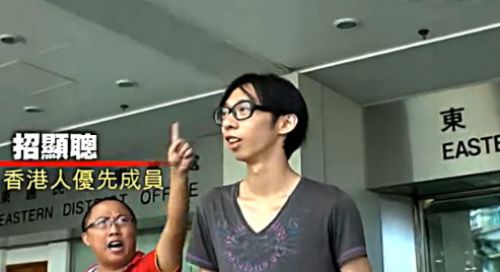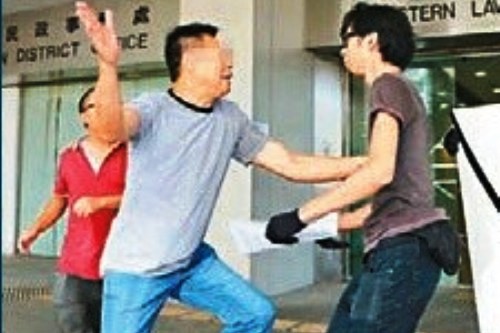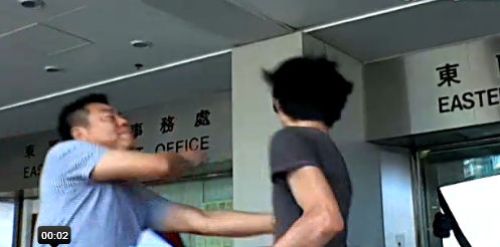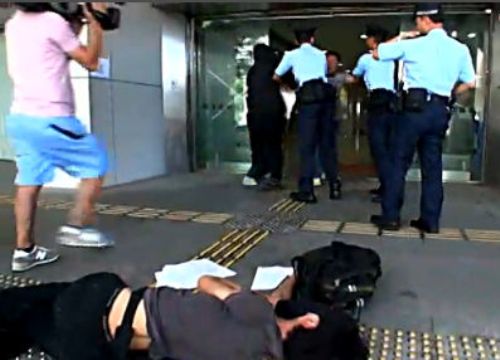Guangdong to License Streetside Food Vendors
Posted: 07/16/2014 10:47 pm Legislation is being proposed in Guangdong Province to give legal rights to streetside food vendors that are currently unlicensed, reports Shanghai Daily. Under the new guidelines, streetside food vendors will be allowed to operate their businesses in specific areas at designated times.
Legislation is being proposed in Guangdong Province to give legal rights to streetside food vendors that are currently unlicensed, reports Shanghai Daily. Under the new guidelines, streetside food vendors will be allowed to operate their businesses in specific areas at designated times.
While vendors will be allowed to apply for a license free of charge, it will be the government that will determine where and when they can do business.
READ: Trial System to License Guangdong Street Peddlers
Will Make Street Food “Safer”
Street vendors operating outside authorized zones and times will still be breaking the law. Furthermore, the new legislation only covers street vendors that sell food.
China’s current laws do not cover streetside food vendors because their businesses are deemed to be too small. Besides not being legally recognized, these food vendors are unregulated and aren’t inspected by any public health authority.
Conflicts between street vendors and chengguan, known as the municipal authority that enforces laws against the vendors, are a regular occurrence.
Related:
- Chengguan in Guangzhou to Become Even Scarier
- Netizens Outraged as Chengguan Beat Mother in Front of 2 Year-Old Child in Guangzhou
- Chengguan Outsource Work to Gangsters in Shenzhen District
- Chengguan Call for Sympathy – Really – After One is Stabbed Seven Times by Peddlers
- Shenzhen’s Chengguan Sent Abroad for Training, Public Wonders What they Learned
- Chen Guangbiao Says Homeless American Rejected Cash Fearing US Chengguan




















